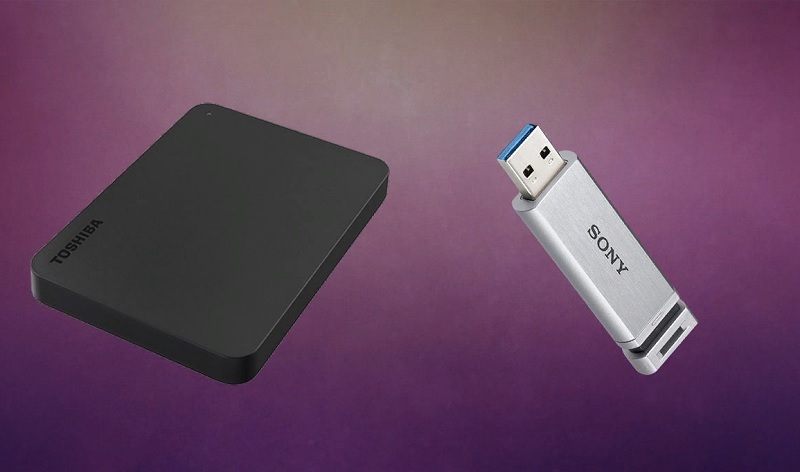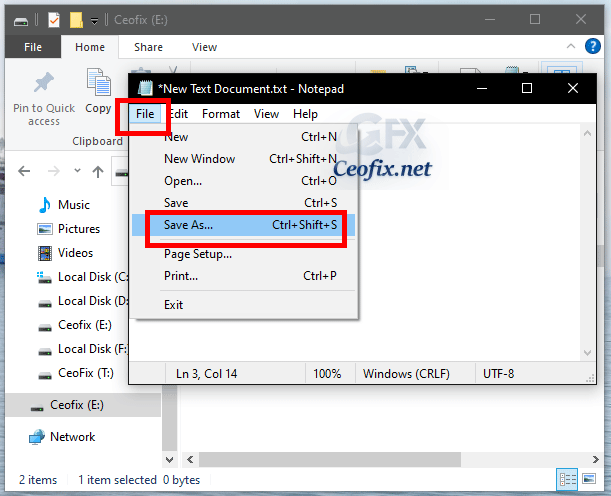

This method retheorizes genre, providing a more specific, useful, and detailed musical classification system the sonic footprint timestamp (SFT). Using Grime as a case study, I employ the analytical framework I created, that is, Musicological Discourse Analysis (MDA) as a holistic mode of analysis to contextualize Grime sociologically and musicologically. I also examine how electronic dance music reflects and reinforces imperialist desires (the white male producer’s use of orgasmic loops regenerated from the vocals of black/Latina female divas and racialized queers in ‘sexy’ dance tracks), Romantic notions (the widespread assumption that electronic music producers are divinely-inspired auteurs the techno/house fan’s elitist admiration of musicians that remain true to their “art” by remaining in unprofitable underground markets and the music critic’s celebration of sampling and remixing as high art), and modernist concerns (the DJ’s obsession with mastery, the intensely-policed borders between high/low genres, the producer’s preoccupation with technological progress). My work explores how electronic dance music employs “postmodern” technologies in the service of Enlightenment discourses (such as its tendency to cast itself as the universal language of the Information Age or its Cartesian delineation of the music listening audience into those that ‘feed the head’ and those that serve the hedonist flesh). In addition to considering the positive aspects of digitally-crafted music, this project demystifies the utopian rhetoric emanating from dance music aficionados/promoters/producers. By tuning into the contentious dialogues between the makers, shapers, and buyers of computerized dance music, I hope to illustrate the multifarious cultural functions a mass-produced sonic commodity can have.

To grasp the possibilities and problematics of digitally-created pop music, I will draw upon a multiplicity of discourses generated by electronic musicians, disc jockeys (DJs), remixers, producers, club/rave promoters, techno/house fans, club-goers, ravers, popular music historians, cultural critics, music industry insiders, dance press, multinational major labels, independent imprints, and regional retailers. Journal Media does not control and is not responsible for the content of external websites.This dissertation examines electronic dance music: its transnational production and dissemination, its techno-universalist rhetoric, its racial and sexual politics, its Eurocentric mythologies and liberal humanist ideologies. Users are reminded that they are fully responsible for their own created content and their own posts, comments and submissions and fully and effectively warrant and indemnify Journal Media in relation to such content and their ability to make such content, posts, comments and submissions available. Journal Media does not control and is not responsible for user created content, posts, comments, submissions or preferences. Wire service provided by Associated Press. Irish sport images provided by Inpho Photography unless otherwise stated.

News images provided by Press Association and Photocall Ireland unless otherwise stated. For more information on cookies please refer to our cookies policy. You can obtain a copy of the Code, or contact the Council, at PH: (01) 6489130, Lo-Call 1890 208 080 or email: note that TheJournal.ie uses cookies to improve your experience and to provide services and advertising.
#Soulseekqt and removable drives code#
TheJournal.ie supports the work of the Press Council of Ireland and the Office of the Press Ombudsman, and our staff operate within the Code of Practice.


 0 kommentar(er)
0 kommentar(er)
